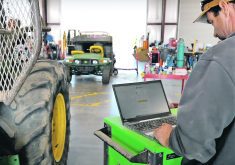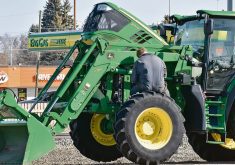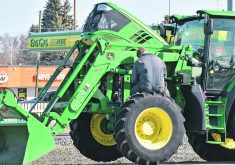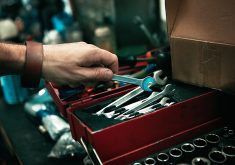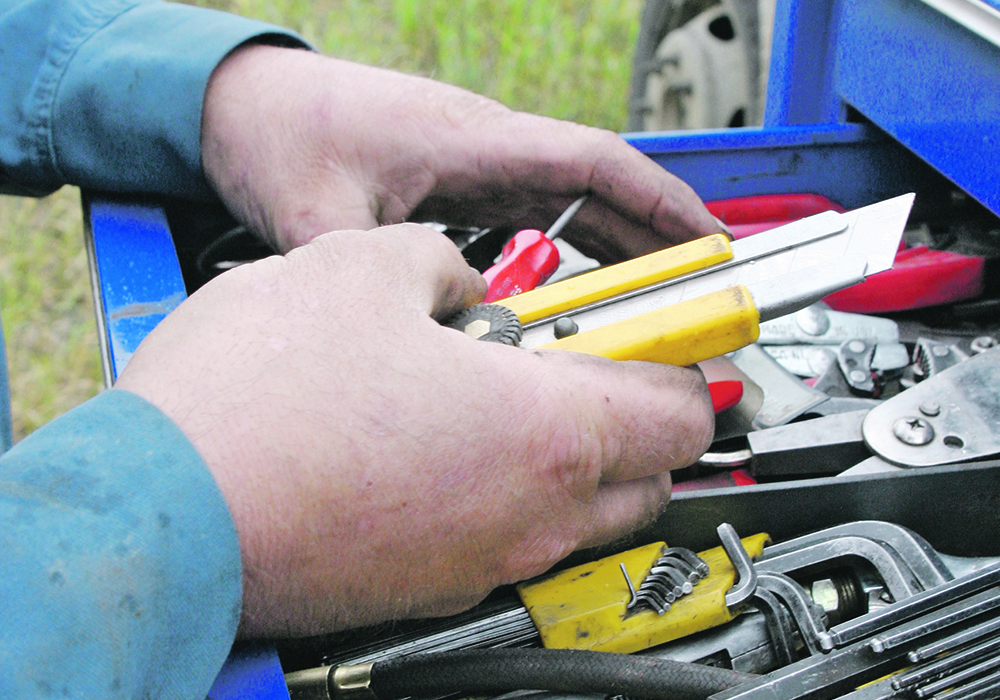At their Jan. 25 annual meeting, members of Keystone Agricultural Producers expressed their concern with the potential negative impact of technological developments in farm machinery.
That concern was brought into focus during a presentation by David Yee, vice-president of operations at the Prairie Agricultural Machinery Institute. He explained how existing intellectual property legislation can be interpreted to mean that the manufacturer of an implement continues to own that implement, even though the farmer has paid for it.
KAP general manager James Battershill said Yee’s presentation was a real eye opener for the group. Although there wasn’t time to address the topic at this year’s meeting, Battershill said, “I expect we will establish a formal policy on this issue.
Read Also

Volatile temperatures expected for this winter
DTN is forecasting a lot of temperature variability in the Canadian Prairies this winter. Precipitation should be close to average.
“The concern is over the technology being integrated into what we had once thought of as strictly pieces of hardware. Our implements are now becoming complicated software machines. The worry is that we are losing not only the ability to do self-repairs, but also the right to actually own our equipment. There’s also a concern about the availability of service centres and technicians who are able to solve these problems.
Related stories in this issue:
- U.S. farmers fight for right to repair
- Tractor hacking new underground revolution
- Right to repair doesn’t solve basic problem
- A farmer’s perspective on repair
- Manufacturers plan to offer farmers more information
“There is such a high risk in getting a crop into the ground and then into the bin that you really can’t afford to have equipment go down, at all.”
Battershill said there are strong parallels between what farmers are experiencing with ag equipment and what consumers are experiencing with cellphone agreements.
The ownership model is changing dramatically: the farmer owns the iron and the manufacturer owns the software. However, the iron doesn’t run without the software.
Battershill said farmers are now beginning to question whether they really do own the iron after all.
“It’s definitely on our radar and it’s definitely something members are concerned about,” he said.
“But it’s a new issue, so we haven’t had time to investigate it more thoroughly and develop a formal position.”



